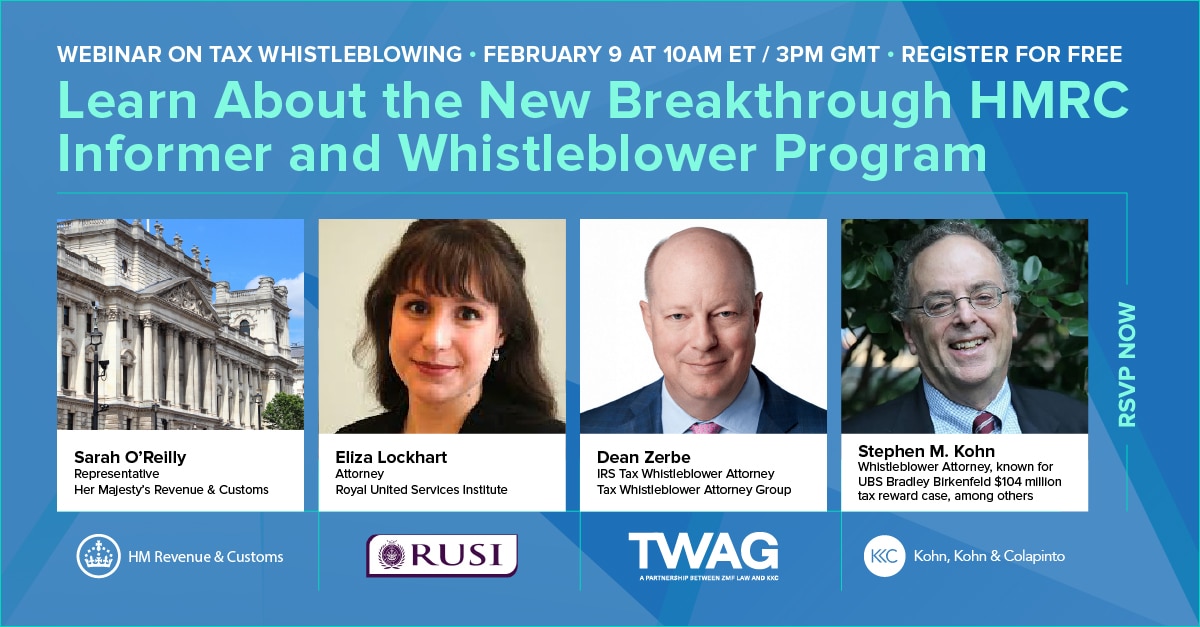SEC Awards More Than $2.2 Million to Whistleblower Under Safe-Harbor Provision

Yesterday the Securities and Exchange Commission (SEC) announced it awarded more than $2.2 million to a whistleblower who reported company misconduct to another federal agency. That agency subsequently made a referral to the SEC based on the whistleblower’s information, prompting the SEC to open an investigation. The whistleblower, a former company insider, later provided the same information to the SEC and substantially cooperated in the investigation which led to an enforcement action.
This is the first whistleblower award paid under the “safe harbor” provision of the Exchange Act Rules, 17 C.F.R. § 240.21F-4(b)(7). Under the safe harbor provision, the SEC credits the whistleblower with having submitted information on the date the whistleblower provided the tip to the other federal agency, so long as the whistleblower submitted the same information to the Commission within 120 days of the initial tip.
The safe harbor provision is critical in adequately rewarding corporate whistleblowers who expose corporate fraud. Timing can affect eligibility for a whistleblower reward, as well as the amount granted. Although the whistleblower here did not report the information directly to the SEC until after its investigation had been opened, the SEC treated the submission as though it had been made when the whistleblower provided the information to the other agency.
Jane Norberg, Chief of the SEC’s Office of the Whistleblower, explains that “[w]histleblowers, especially non-lawyers, may not always know where to report, or may report to multiple agencies.” The SEC’s order further explains its reasoning stating, “The 120-day safe harbor balances the important programmatic goal of encouraging individuals to report potential securities law violations to the Commission promptly with the practical recognition that an individual may in certain circumstances report wrongdoing to other federal agencies…”
Certainly, $2.2 million will help incentivize others to promptly report corporate fraud even if they are unsure of where to turn to first.
Latest News & Insights
January 27, 2026




